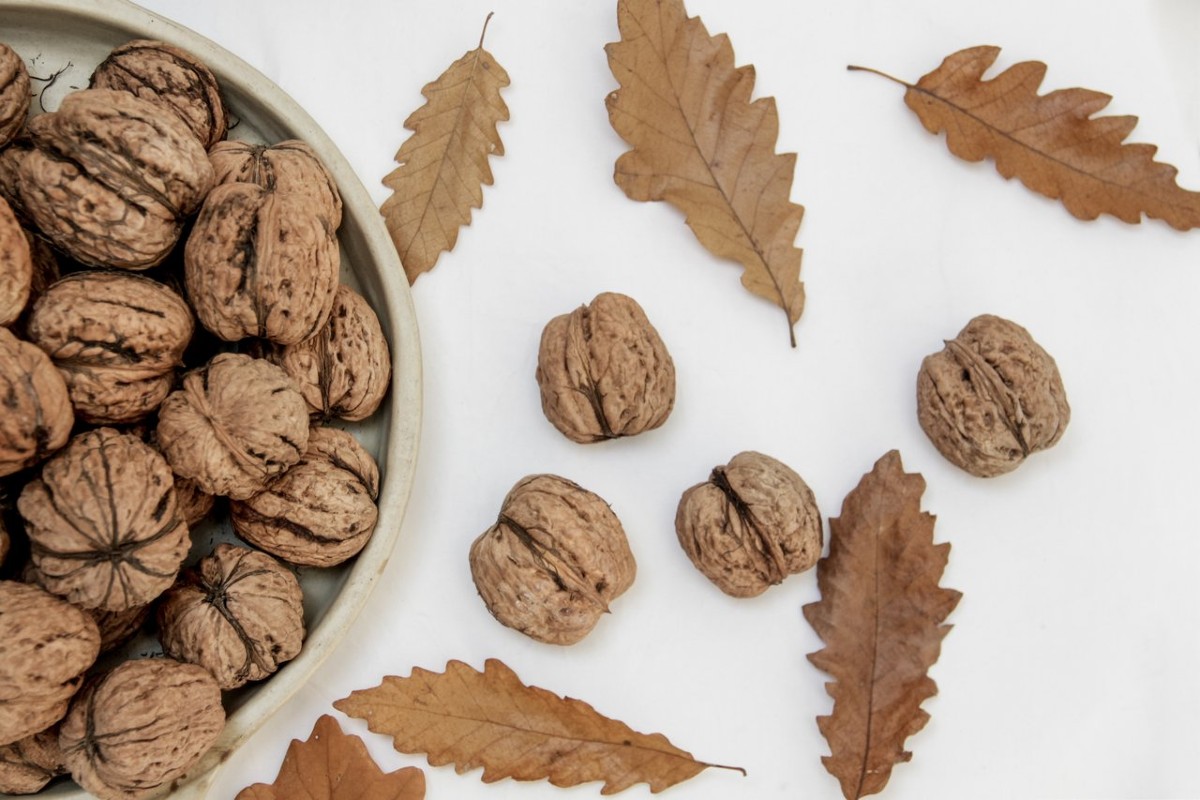Have you ever caught yourself screaming exasperatedly at your kid, “What a pain! I explained that to you a minute back and now you can’t remember a word of it!” Or have you been at the receiving end of comments that go… “You ought to eat more walnuts!! Your memory is failing you!” or “You’re ageing! I don’t think I can trust you to remember to do this task.”
It is truly maddening when you think you have the memory of an elephant only to be faced with the reality of being labelled Mr. or Ms Forgetful! So, let’s understand this much-talked-about nutrition-brain connect that can, maybe, keep you going into your 80s with a razor-sharp memory.
The brain is an energy-intensive organ, using around 20% of the body’s calories. It, hence, requires a sustained supply of healthy fuel to maintain concentration throughout the day. From birth to age 5, a child’s brain develops more than at any other time in life. And early brain development has a lasting impact on a child’s ability to learn and succeed in school and life.
The human brain continues to grow new brain cells and connections all through life, although decline can start earlier if not provided with required nutrition. In your 20s, your brain slows down the production of brain cells and synapses – which is why you have a harder time learning by the time you reach your 30s. Meanwhile, your diet and exercise habits at this stage are setting you up for a strong – or forgetful!! – mind in the decades ahead. The following are well-established foods/nutrients that can help build brain connections to enable sharp memory:
- Omega-3 fatty acids help build and repair brain cells; they have anti-inflammatory properties and promote neurotransmitter (dopamine and serotonin) transmission, thus aiding brain development and functioning. Walnuts and Pumpkin Seeds are an excellent source of alpha-linolenic acid (ALA), a plant-based omega-3 fatty acid that is converted to the omega-3s DHA and EPA within the body. Fish (especially fatty fish such as tuna, salmon, sardines, mackerel) and fish oils are animal sources of omega-3 fatty acids which can work wonders for your brain.
- Antioxidants reduce cellular stress and inflammation, which are linked to brain ageing and neurodegenerative disorders, such as Alzheimer’s disease. Vitamins C (citrus fruits and vegetables) and E (nuts and oilseeds), and trace minerals such as Selenium and Zinc (seafood, nuts and whole grains) are memory boosters.
- Choline, an organic water-soluble compound abundantly present in eggs and dairy products, is known to boost brainpower.
- Epicatechin, a flavanol found in cocoa, tea, berries, and other fruits, yields cognitive benefits – especially in tasks involving memory, executive function, and processing speed in older adults.
- Berries are high in flavonoids, especially anthocyanins, which are antioxidants that can cross the blood-brain barrier and positively affect areas of the brain associated with learning and memory.
- Cruciferous vegetables, like broccoli and cauliflower, contain the compound sulforaphane, a substance that protects the brain from premature degeneration. They also offer vitamin K, important for healthy brain function.
Research has indicated that both children and adults who eat fewer vegetables, fruit, and fatty fish are more likely to have attention deficit disorder symptoms, even after accounting for potential confounders. The worst foods for your brain that you should avoid in every stage of life are as follows:
- High sugar drinks and foods, especially those containing High Fructose Corn Syrup (HFCS) as they increase brain inflammation and impair memory.
- Refined carbohydrate foods affect memory due to an inflammation of the hippocampus.
- Foods rich in Trans fats – research indicates that those who consumed more saturated fat. relative to unsaturated fat performed worse on memory and recognition measures.
- Highly processed foods result in a decrease in brain tissue.
- Artificial sweeteners cause negative effects on learning and emotions, impairs memory and increases oxidative stress in the brain.
And so, there it is…. In a nutshell, make the best of the colourful array of foods that surround you – dunk the junk – fill up on fish – bury yourself in berries … exercise and (mindfully) eat your way to a better functioning brain.

























